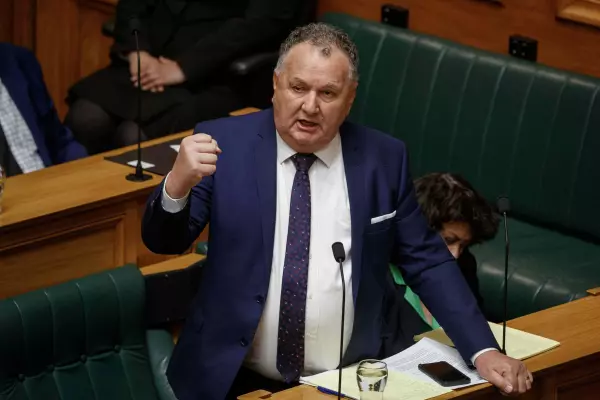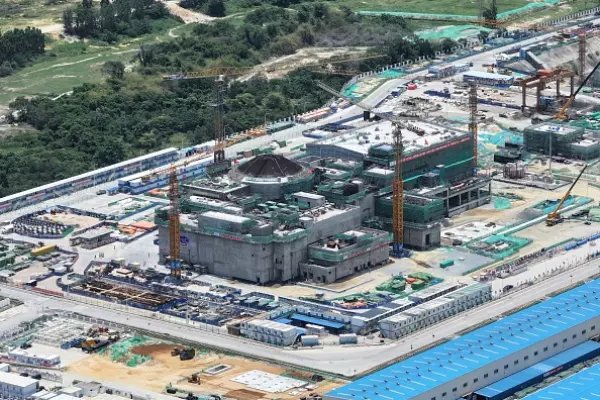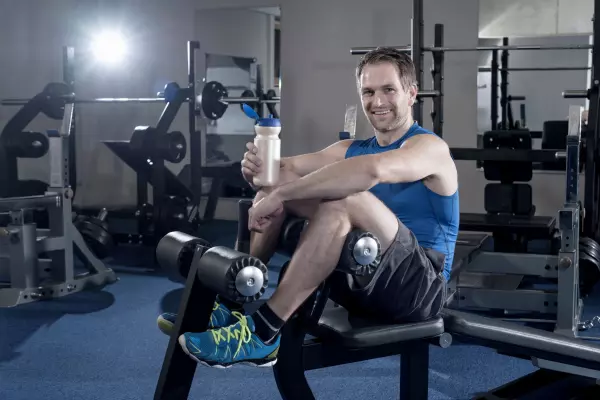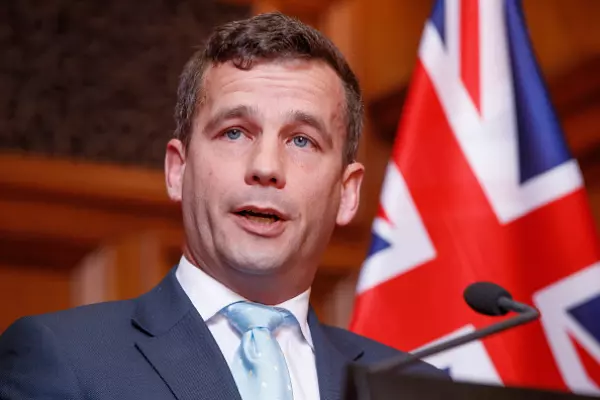It was a late evening phone call in March this year from the director general of health, Ashley Bloomfield, that put the final nail in the coffin of plans to offer free covid-19 saliva testing to low-income communities in the Wellington satellite town of Porirua.
The test, diagnostically validated in December last year for use in New Zealand, was as accurate as the nasal swab tests that had been and remain the mainstay covid test used in NZ.
Its arrival in NZ was one response to the urgent recommendation of the Roche-Simpson review, in Sept last year, that saliva testing should be implemented urgently.
Yet the start-up provider of the new saliva test, Rako Science, had been getting no traction with the health ministry, which had refused and would continue for many more months to refuse to believe that a saliva test could possibly be as good as a nasal swab.
In an email on March 10 to Rako, Kelvin Watson – the health ministry official in charge of covid testing at the time – upbraided Rako for pursuing the Porirua testing initiative “independent of the public health response” because of the potential for confusion.
Watson was scornful of Rako offering tests to the Pasifika community in Porirua.
“It is somewhat ironic to suggest that Pacific people may be being left behind, given Pacific testing rates are among the highest of any group in the country,” Watson wrote.
So what?
Why does any of this matter now – a good six months after the fact?
It matters because the findings released this week in a report titled 'Rapid Review of Covid-19 Testing in Aotearoa New Zealand’ so completely give the lie to the suggestion that the health ministry has been on top of the covid testing regime beyond a total commitment to invasive nasal swab tests.
It is this stark: in the very first paragraph of recommendations in the report, prepared by a team led by Otago university medical school professor David Murdoch, it finds a “pressing need” for a new covid testing strategy that “should put equity at the centre of decision-making” and “must develop sustainable solutions to engage effectively with Māori, Pasifika, and other vulnerable communities”.
Well, that March 10 email suggests that far from pursuing such an approach, the health ministry was shutting it down.
This was at the same time as Māori health providers were seeking early engagement on vaccination rollout in the knowledge that their communities are harder to reach and engage with, and that an early start was vital if the Māori population was not to be tail-end Charlie of the eventual national vaccination push.
Those pleas also fell almost entirely on deaf ears at the country's district health boards.
Complacency and power
So here we are, with Māori and Pasifika vaccination rates lagging badly, and just as badly in the Capital and Coast district health board area – covering Porirua – as anywhere else in the country.
Also, the Waipareira Trust, which partnered with Rako for saliva testing, is in the courts today fighting the health ministry for access to information about where unvaccinated Māori people covered by Whanau Ora, the Māori health programme, are living so they can target them for vaccination.
Of course, testing and vaccination are two different things.
But the evidence emerging this week is of a health bureaucracy incapable not only of being innovative or collaborative, but also incapable of surrendering control.
Part of the reason for this is inevitably because the scale of the covid response has been enormously challenging and there has been a need for a nationally coordinated response.
However, national coordination does not require a culture of total control.
In fact, such a culture almost certainly engenders the kind of slow-moving response that has been a feature of the health ministry’s pandemic response following the early rapid implementation of the elimination strategy – an approach the ministry initially vigorously opposed.
Murdoch and the associate health minister Ayesha Verrall diplomatically referred in their press conference on the testing report to a tendency to “conservatism”, created by the demands of an elimination strategy that required every single case of covid to be hunted down.
Fair enough.
Critical review
But it is telling that the report cannot be read as anything other than a deeply critical review of the health ministry’s approach to date, at least on testing, even if its prose shows every sign of having been laundered to placate the senior ministry officials who ordered the independent review in the first place.
How else to read such comments as the need to “strengthen the leadership capacity and capability for testing within the ministry of health”, or to “break down silos that have developed within the testing space” and to “strengthen external engagement”?
Or that “testing strategy to date has been reactive and conservative”, leading to slower introduction of both saliva and rapid antigen testing than in other countries?
The ministry “should develop a system for … assessment of new tests on the market” and recognise a “pressing need to keep abreast of both new developments in testing methods and innovative ways of using tests to support the pandemic response”.
The failure to do so perhaps explains why ministers continued to claim saliva testing was less accurate than nasal swabs, even after the ministry had agreed to a joint statement with Rako Science only July 20 under the headline: “MoH agrees Rako saliva test is at least as accurate as nasopharyngeal tests”.
The ministry declined to publicise this statement, claiming it could compromise Rako in future opportunities to tender for saliva testing services, having already lost out on the primary contract awarded to Asia Pacific Healthcare Group in May.
Being a major provider of testing services to DHBs around the country, the healthcare group was an obvious candidate for the contract – a safe pair of hands. But, unlike Rako, it has been unwilling to produce evidence of how it runs or has validated its tests, and has not convincingly rebutted Rako’s claim that it was using a test that has not been diagnostically validated.
Instead, its CEO has attacked an international saliva testing expert, expatriate Yale ‘saliva queen’ Anne Wyllie; and the group’s PR consultant has complained about BusinessDesk “repeatedly demanding that APHG respond to continued potshots by a disgruntled company which did not succeed at a tender”.
Some good?
There may yet be some good come of the testing report released this week.
The push by 25 large NZ employers for rapid antigen testing to be urgently introduced is coinciding with this kick in the pants to the health bureaucracy to collaborate, be more open to innovation, and to embrace the potential to respond more quickly, as a result, to the evolving covid threat.
The mood at yesterday’s meeting between Verrall, health officials and business leaders is said to have occurred in an atmosphere of new urgency and willingness to work fast and collegially.
Whether it is enough to overcome what appear to be ingrained defensive and power-hoarding instincts in the health bureaucracy remains to be seen.
The fact is that the health officials at the pointy end of the covid response have worked their butts off on the most complex health emergency NZ has faced, perhaps ever, for month after month after month.
They are tired. They no doubt feel picked on, particularly given how strong the early public health response to covid was in NZ.
There has been no roadmap.
But there are too many ways in which planning for the current phase of the response has shut out the potential available from the rest of civil society.
A slow vaccination rollout and flat-footed testing capabilities are the outcome.
Learning from this need not be a criticism of the ministry of health, as long as it constitutes a wake-up call.













